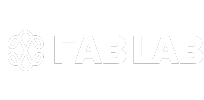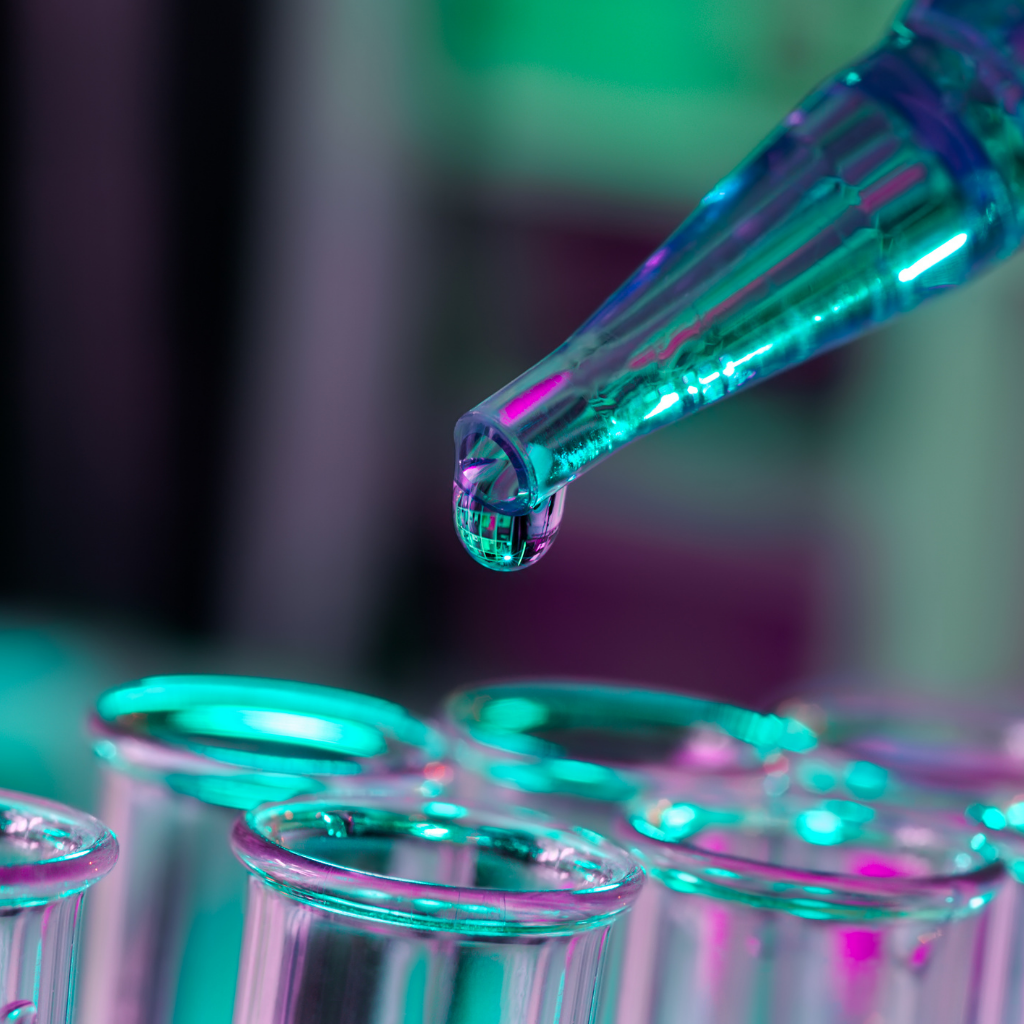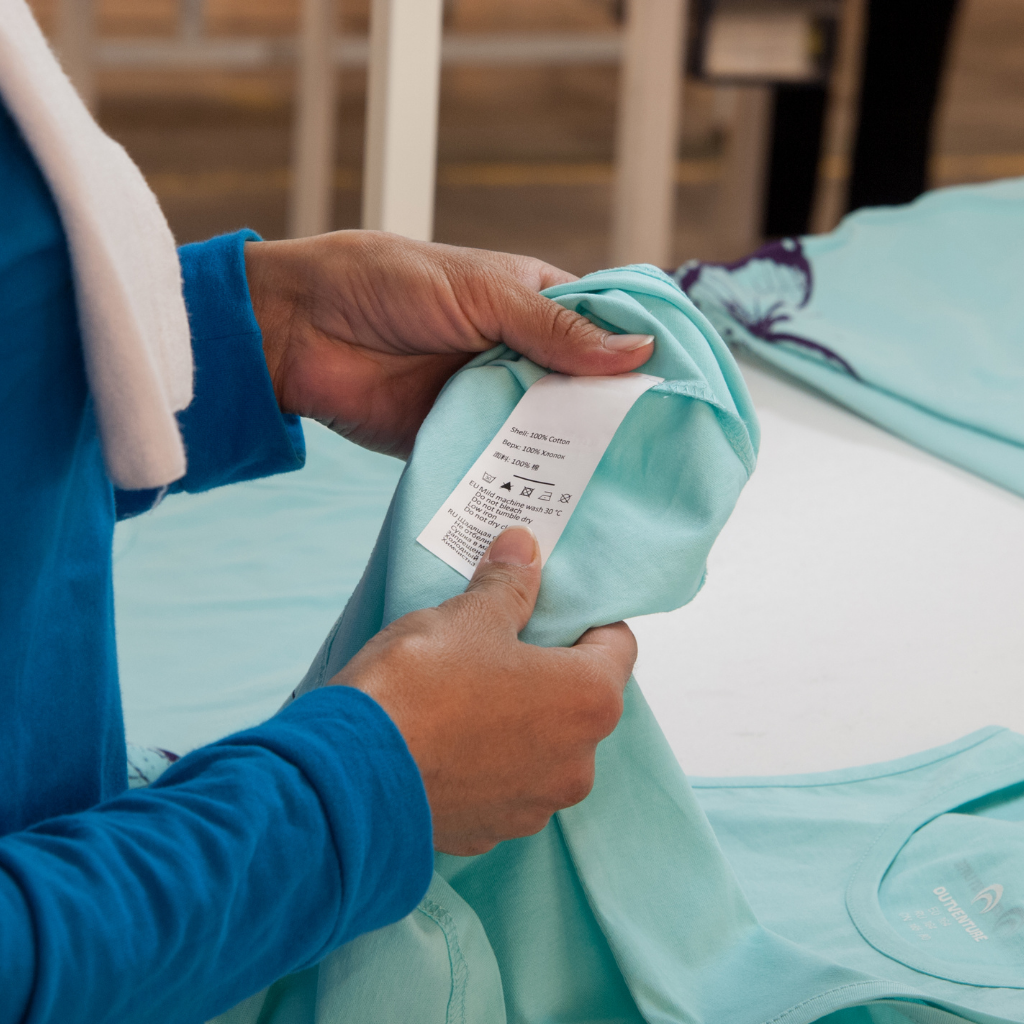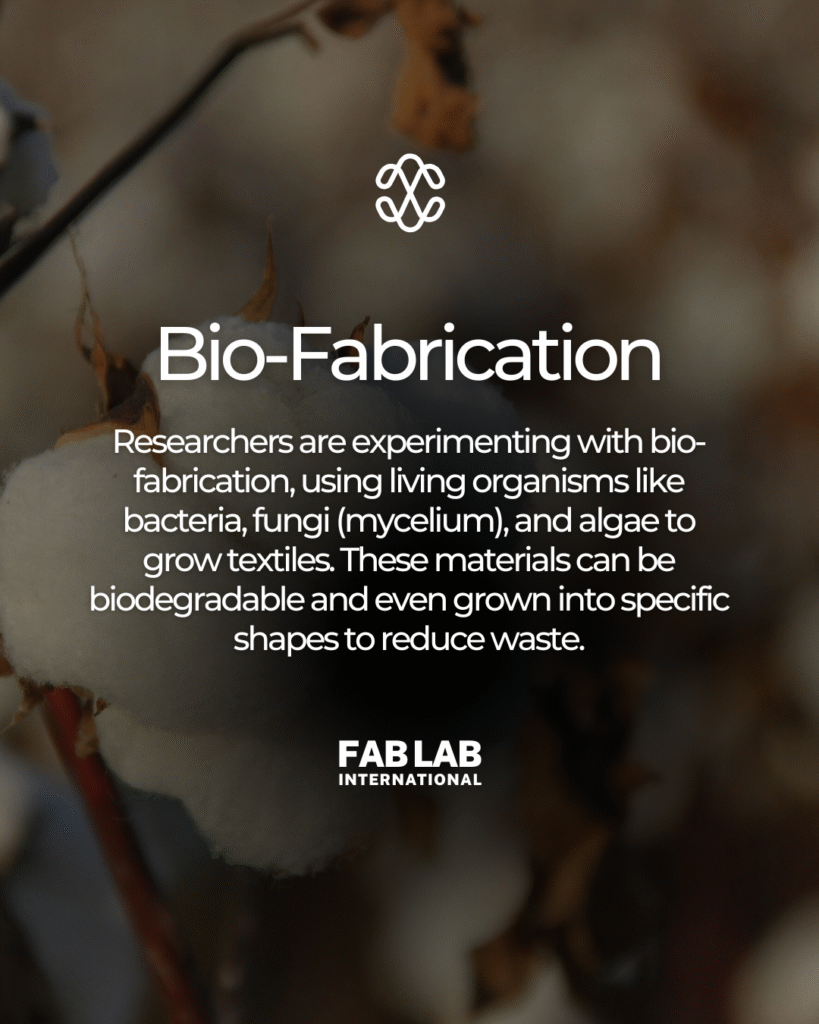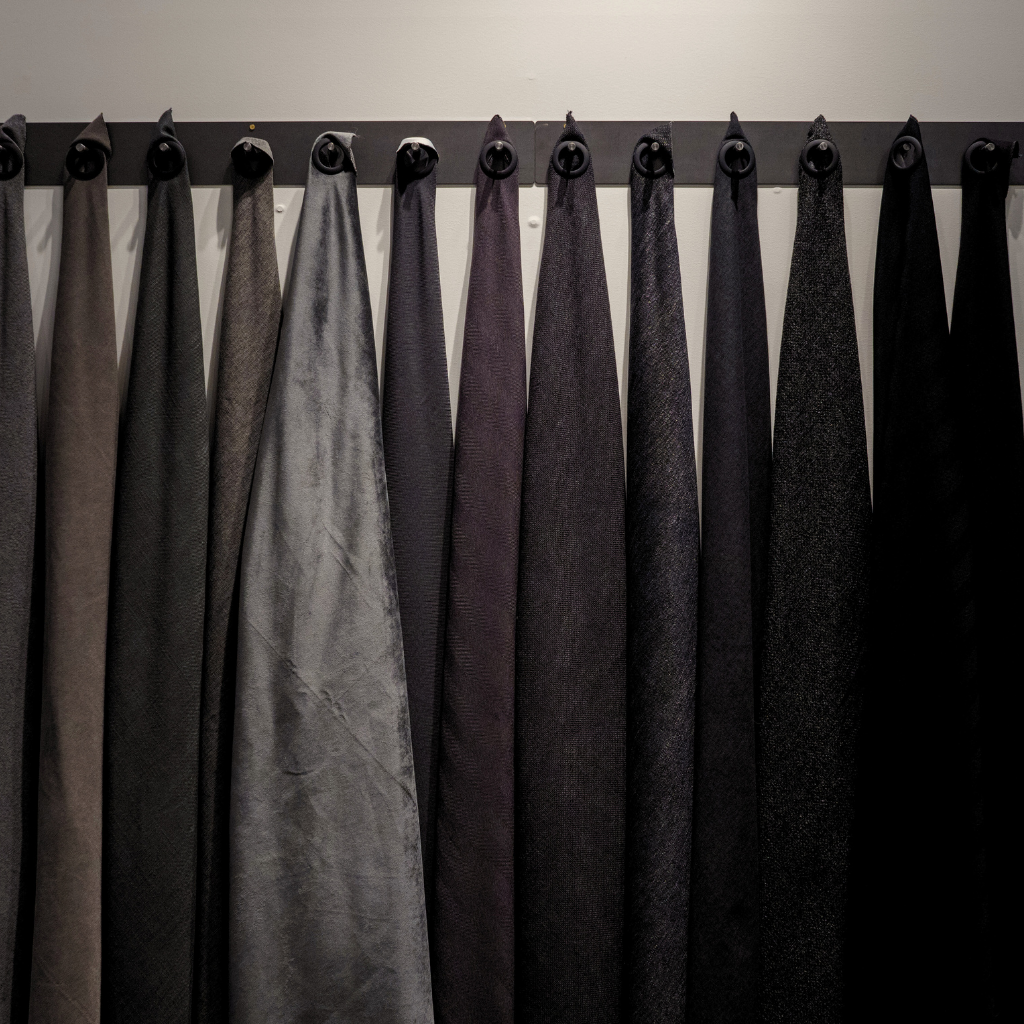No products in the cart.
Established in 2001
Established in 2001, Fab Lab International began its journey amidst a profoundly transforming global textile landscape. The early 2000s witnessed a significant shift in manufacturing from traditional developed countries like the US, EU, and Japan to emerging Asian destinations such as China, South Asia, and Southeast Asia. This migration was primarily driven by the availability of low-cost manpower and abundant raw materials.7 Fab Lab strategically positioned itself to leverage these emerging hubs while simultaneously anticipating the critical future needs for innovation and responsible production.
Over Two Decades
the company has evolved from a nascent player to a recognized global leader, adapting to pivotal industry shifts. This includes the increasing dominance of man-made fibers (MMF), particularly polyester, which is projected to account for 55% of global fiber consumption by 2025. The company also proactively addressed the profound impact of fast fashion, which has doubled textile production since 2000 and contributes significantly to waste and pollution. Fab Lab's commitment to sustainability deepened as the industry grappled with its environmental footprint. The company recognized early the imperative for circularity and ethical practices, integrating these principles into its core operations long before they became mainstream demands, aligning with global movements towards a circular economy. Today, Fab Lab's legacy is built on continuous innovation, unwavering quality, and a profound dedication to fostering a greener, more ethical textile future for brands and retailers worldwide.
The longevity
The longevity of Fab Lab International, established in 2001, within a notoriously volatile industry, speaks volumes about its strategic foresight and adaptability, particularly concerning the monumental shift to Asian manufacturing and the burgeoning rise of sustainability as a core industry driver. The textile sector has undergone dramatic changes since the early 2000s, with production largely relocating to Asia due to economic advantages. Concurrently, the proliferation of fast fashion has led to a doubling of textile production, creating significant environmental and social challenges related to waste, pollution, and labor practices. Against this backdrop, the growing imperative for sustainability, driven by consumer demand and regulatory pressures like the EU Green Deal and Extended Producer Responsibility (EPR), has become non-negotiable for industry players. For Fab Lab to have not only survived but thrived and positioned itself as a leader in "Sustainable, Certified and Innovative fabrics" through these turbulent changes indicates a proactive and resilient business model. It suggests that the company did not merely participate in the shift to low-cost Asian manufacturing but also pivoted early to integrate sustainability and innovation, anticipating the long-term market direction. This sustained presence and adaptability are powerful indicators of stability, deep industry experience, and strategic foresight for potential B2B clients. It reassures brands and retailers that Fab Lab is a reliable partner capable of navigating future industry challenges and guiding them towards sustainable, innovative solutions, rather than simply reacting to market pressures.
Follow us on @fablabinternational
